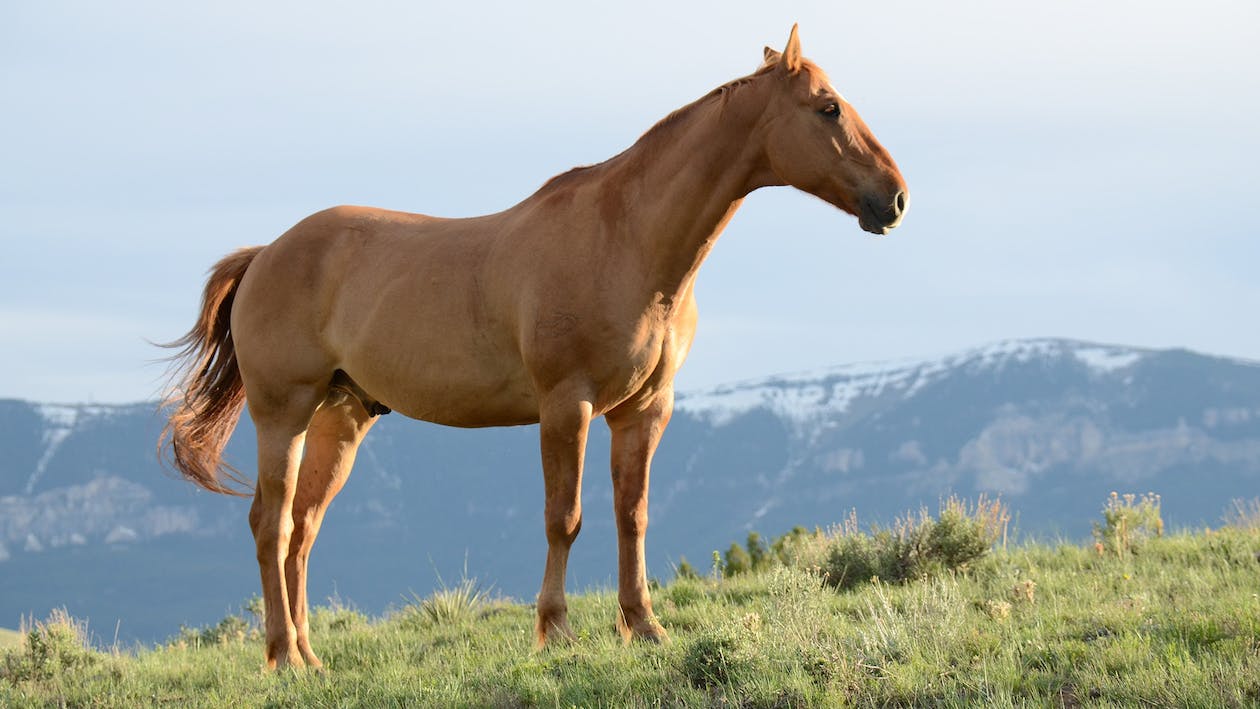Dealing with persistent diarrhea in horses can be annoying and lengthy. Persistent diarrhea can be an exasperating and drawn-out predicament for equestrian proprietors. This article will furnish a wide-ranging summation of the rationale, analysis, and handling of persistent diarrhea in horses and useful hints on regulating this circumstance. Comprehending the basic causes of persistent diarrhea and properly caring for your equine can help keep your horse robust despite this state.
What is Chronic Diarrhea?
Chronic diarrhea is a common condition in horses, characterized by loose or watery stools lasting weeks or longer. It differs from acute diarrhea, which is typically short-lived and resolves independently. Chronic diarrhea can be caused by disparate fundamental conditions such as digestive diseases, contaminations, soreness, or other medicinal difficulties. Ubiquitous signs of chronic diarrhea comprise emaciation, inappetence, desiccation, and lassitude. Furthermore, if disregarded, chronic diarrhea can bring about critical implications such as malabsorption or griping.
Diagnosing Chronic Diarrhea in Horses
To properly diagnose and treat chronic diarrhea in horses, the underlying cause must be identified. This requires a thorough physical exam as well as laboratory testing. Gastrointestinal endoscopy may also be necessary to rule out any structural issues causing the issue. Additionally, fecal testing will help determine if there are any parasites or bacterial infections that could contribute to the problem.
Diagnosing chronic diarrhea in horses necessitates a thorough physical exam and lab testing. During the physical exam, the veterinarian will scan for evidence of desiccation, including hollow eyes, parched gums, and accelerated pulse. The veterinarian could also perform abdominal palpation to research for aberrations or soreness. Additionally, blood testing could be accomplished to evaluate for escalated white corpuscle tallies or other clues of contagion.
Gastrointestinal endoscopy may also be necessary to rule out any structural issues causing the issue. This procedure involves inserting a small camera into the horse’s intestine to observe the digestive tract and detect abnormalities such as ulcers or tumors. In addition, fecal testing will help determine if parasites or bacterial infections could contribute to the problem. It is important to have samples tested regularly even if your horse does not appear ill, as some parasites may not cause symptoms until they become more severe.
Treating Chronic Diarrhea in Horses
Once the root provoker has been ascertained, handling for lasting looseness in equids can commence. Following the analysis, remedies may incorporate antibiotics, antipyretic medications, antispasmodic, and probiotics. Moreover, extra backing, such as dietary changes and serous therapy, may be required to assist in ameliorating indications and upgrade the equine’s well-being.
Managing a Horse with Chronic Diarrhea
The key to managing a horse with chronic diarrhea is prevention. It is important to keep your horse away from other horses with conditions that could lead to further illness or infection, such as parasites or bacterial infections. Additionally, it is important to keep your horse’s environment clean and free of dust and debris, which can irritate the intestinal lining and worsen symptoms of chronic diarrhea.
Providing Proper Nutrition for Horses with Chronic Diarrhea
Correct sustenance is imperative for horses enduring constant looseness of the bowels, as they require adequate vitamins and minerals to stay vigorous and maintain their vigor levels. Supplying a high-fiber eating regimen will help guarantee that your equine gets all the supplements he needs while helping him keep up ordinary entrail developments without intensifying indications of persistent looseness of the bowels. Additionally, providing probiotics can help restore beneficial gut bacteria, aiding digestion and reducing inflammation associated with this condition.
Conclusion
Chronic diarrhea vexes horses; however, it can be cured with correct detection and attention. Furnishing your horse with due nutrition is pivotal while avoiding potential instigators such as parasites or microbial contaminations that could exacerbate signs and symptoms. Administering supportive attention, such as dietary changes and fluid treatment, may also be required to help alleviate symptoms and invigorate your horse’s general health. By adhering to these steps, you can ensure that your horse remains hale, despite having chronic diarrhea.
